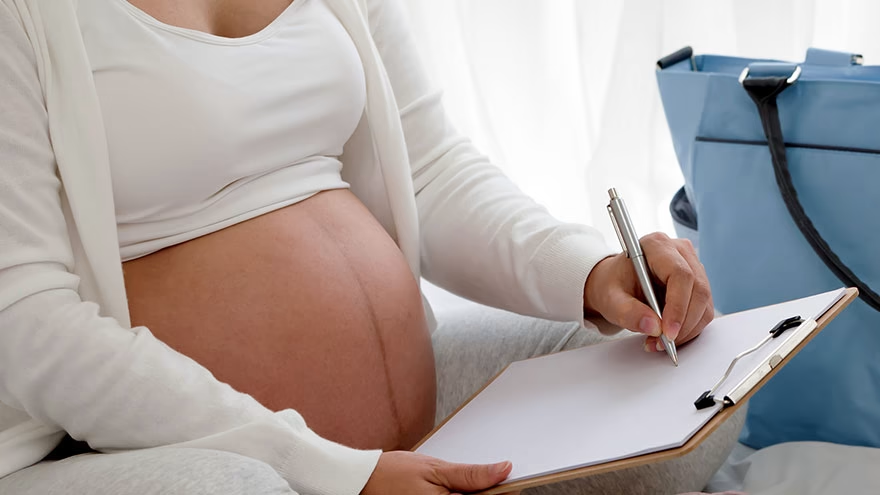Avoid Isolation

1. Talk To Your Doctors Regularly
Whether your primary care physician or your obstetrician, it is important a medical professional is aware of the symptoms you are experiencing and is monitoring you regularly. If your symptoms worsen, your doctor might need to prescribe medication, and he will know what is safe to take during pregnancy.
2. Explore Therapy
Cognitive behavioral therapy and interpersonal therapy are the two main talk therapies used for depression. Many different options of trained professionals exist including psychiatrists, social workers and church clergy, so select a person and setting with which you feel most comfortable. You will make more progress that way.
3. Put A Safety Network İn Place By İnvolving Family And Friends İn How You Are Feeling And What You Are Experiencing
If gradual changes occur in your emotions and behavior, it can be hard to detect yourself, but friends and family members who know you well can be your backup eyes.
Diet And Exercise

1. Before Starting Any Exercise, You Should Consult Your Doctor Or A Certified Trainer About What Exercises Are Safe
Exercise releases endorphins, the "feel-good chemical," with benefits that include, according to Web M.D., improved sleep, reduction in stress and increased overall positive feelings within the self. Most exercises can and will need to be modified as the pregnancy progresses.
2. Invest İn A Heart Rate Monitor
This will give you the ability to watch and control your heart rate and ensure that it stays in the safe range set by your doctor.
3. Make Sure You Are Getting The Nutrients You Need To Keep Up Your Energy And Health
If you start to get run down, it can exacerbate your depressive symptoms. Cravings and nausea come with the territory of being pregnant, so if you find yourself not following the ideal diet, make sure you are taking the supplements you need, such as prenatal vitamins and folic acid.
Know Your Triggers

1. Be Aware Of What Triggers A Plunge İn Mood
Everyone has different things that aggravate their depressive tendency. Author Julie Fast on HealthyPlace.Com notes that triggers of depression include isolation and “argumentative, negative and aggressive people.”
2. Make A Plan
Sometimes it is not enough to tell yourself to stay away from things that bring you down. You might actually have to get more rigid about it than that. For instance, if you are aware physical tiredness is a trigger for your depression, schedule small breaks or a nap into your day.
3. Be Aware, Put Advised Actions İn Place, Surround Yourself With The Right People And You Will Help What Feels Like The Unmanageable Become Manageable
You Might Also Like :: How to Deal with Emotions From Surrogacy
Save for later
Found this helpful?
Pin this article to your Pinterest board and come back to it whenever you need a reminder.
Save to Pinterest



